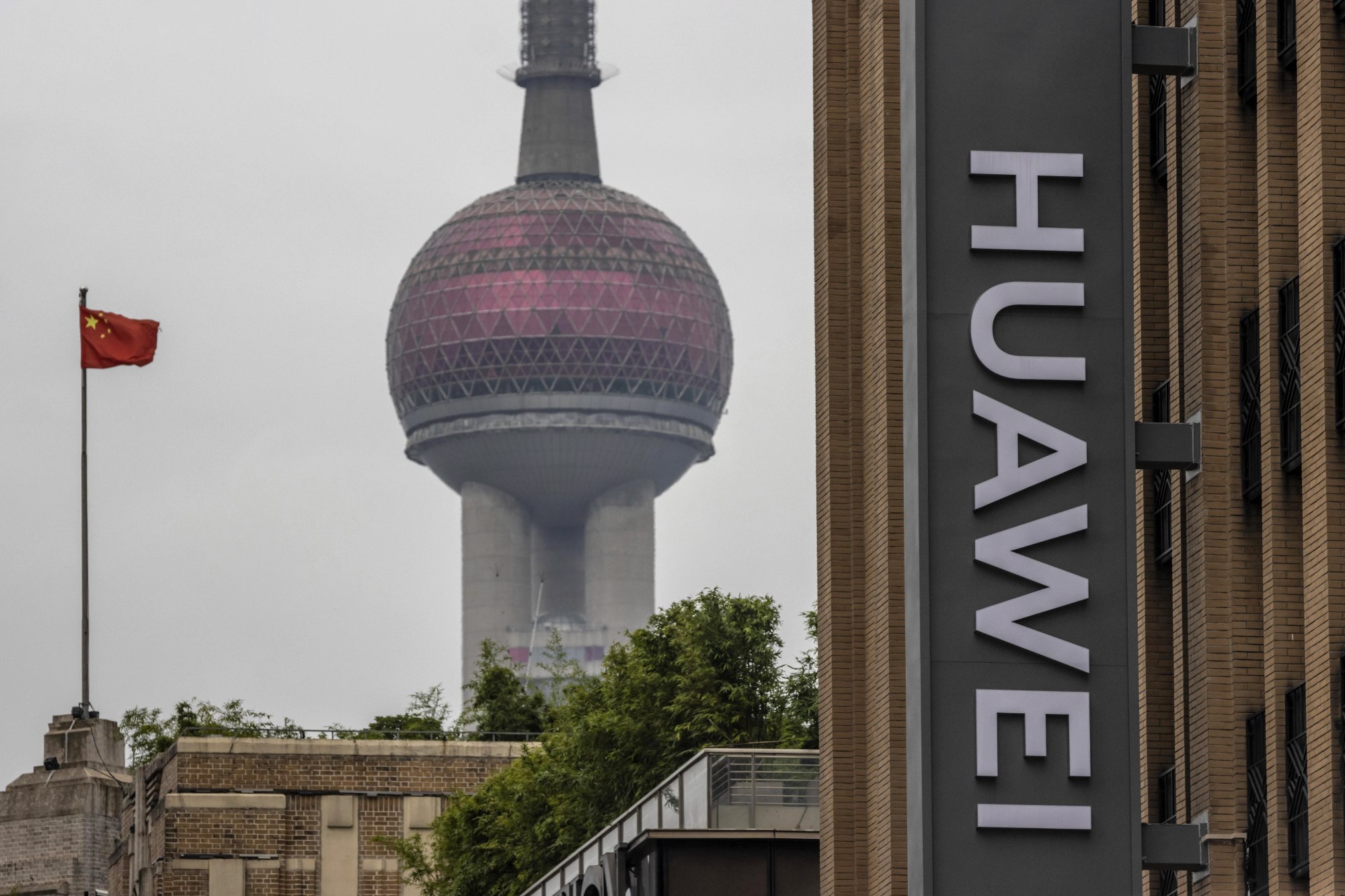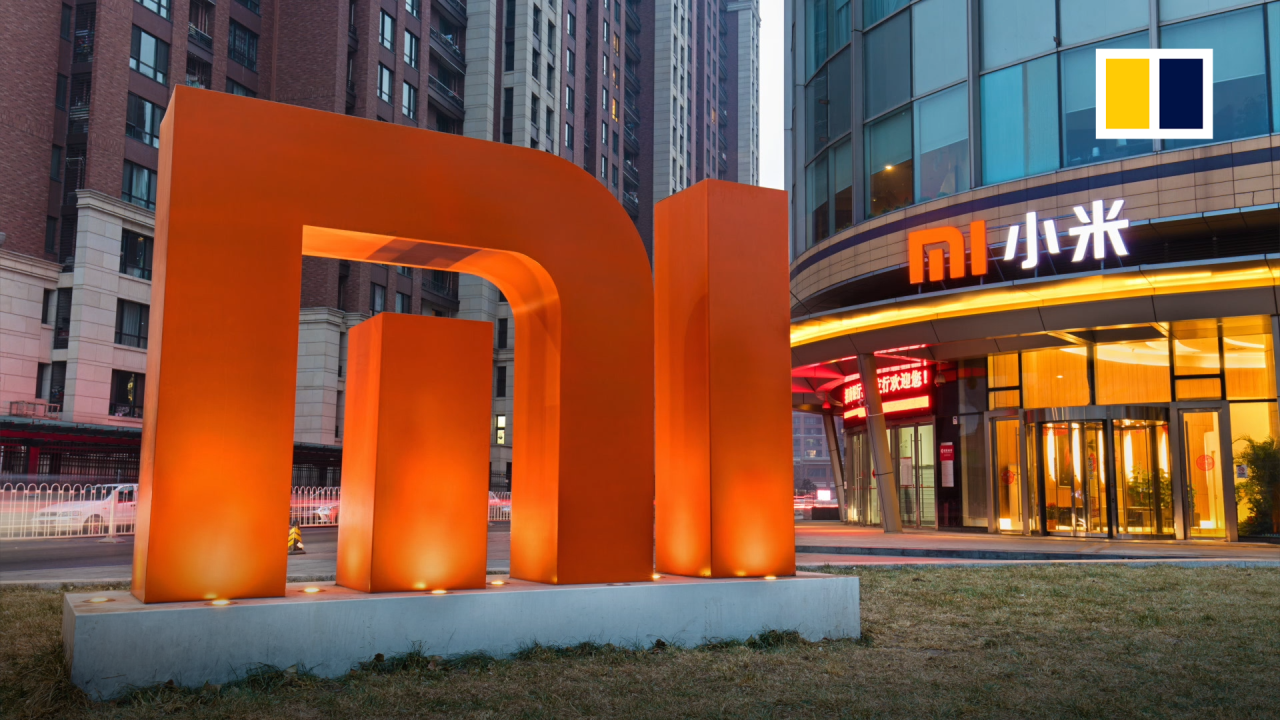
China tests the long arm of its law in Xiaomi and Huawei’s international patent battles
- Chinese courts are increasingly heeding calls by Beijing to protect the international interests of domestic companies
- China and other countries’ exertion of extraterritorial jurisdiction has alarmed legal experts around the world
A growing clash between courts in China and Western countries seeking to exert rulings beyond borders could escalate, warned legal experts, after a local Chinese court issued an injunction over a dispute between smartphone giant Xiaomi and a US company.
The case, an example of the Chinese judiciary’s intensifying efforts to impose long-arm jurisdiction under Beijing’s directive, can throw international lawsuits into uncharted waters, according to analysts.

It started last June, when Xiaomi took to China’s Wuhan Immediate People’s Court to seek a ruling on its dispute over licensing fees with US technology-patent firm InterDigital.
Around the same time, InterDigital sued Xiaomi at a Delhi, India court, prompting the Wuhan court to issue an injunction barring the US company from taking the case outside China or risk a daily fine of 1 million yuan (US$152,000). An appeal by InterDigital was rejected.
Undeterred by the injunction, InterDigital pursued the case overseas anyway, eventually winning a ruling in India prohibiting Xiaomi from enforcing the Chinese court order. It also obtained a similar counter-injunction from Germany’s Munich Regional Court, paving the way for the company to file a patent infringement lawsuit in the country.
The case has raised alarm among legal experts, worried about its potentially far-reaching implications.
The situation could evolve into a “total mess” if there continues to be no signs of “forbearance among judicial authorities across the world”, UK High Court Justice James Mellor said in a recent interview with British legal news site Managing IP.
The latest development highlights the increasingly assertive approach taken by Chinese tribunals, which ultimately answer to the ruling Communist Party, to defend the interests of Chinese businesses, said Henry Gao, a trade law professor at Singapore Management University.
“[The Xiaomi-InterDigital case] has the potential to become an important precedent for courts in China, as they seek to follow President Xi [Jinping]’s call for a coordinated push to further the rule of law in China and abroad in order to protect national sovereignty, dignity and core interests,” Gao said.
As tensions escalate between China and Western countries over Beijing’s actions in Xinjiang, with the US imposing sanctions on Chinese companies that it accuses of human rights violations, the Chinese government has been trying to hit back through legal means.
In January, China’s Ministry of Commerce unveiled new rules that would punish global companies for complying with tightening US restrictions against Chinese businesses.
Authorities said the rules were created to counter foreign laws that “unjustly prohibit or restrict” Chinese individuals or entities from doing normal business, citing the need to safeguard China’s national sovereignty and security.
During China’s annual parliamentary gathering last month, chairman of the National People’s Congress Standing Committee Li Zhanshu said that one of China’s legislative priorities was to enact laws against foreign sanctions, interference and long-arm jurisdiction.
The Wuhan court is not alone in following Beijing’s calls to protect the interests of Chinese companies in cross-border disputes.
Last August, the Supreme People’s Court issued an injunction banning Conversant, a US intellectual property management firm, from enforcing a German court ruling against Chinese telecoms giant Huawei Technologies Co before a concurrent court case ends in China.
The case was hailed by the Chinese judiciary as being the first anti-suit injunction issued by a Chinese court in an intellectual property case.
The ruling helps China protect the “legitimate rights” of its innovative companies, Beihang University law professor Long Weiqiu was quoted as saying in a report by the official People’s Court News.
Huawei leads the world in wireless communication patents in 2020
At the heart of both Huawei and Xiaomi’s legal battles against overseas patent holders is the question of who can set the royalty rates for so-called standards-essential patents. These are patents that protect inventions applied to broader technologies used by the entire industry, such as 5G.
In most of the world, owners who license out these patents are required to charge fees on a basis known as FRAND, or “fair, reasonable and non-discriminatory”.
However, because of the importance of the Chinese market, Chinese smartphone makers have long been able to broker a lower rate. Huawei, for instance, has for years been able to get a special discount from InterDigital and Conversant.
Pressure has been mounting on Chinese companies to change the practice.
Last August, the UK Supreme Court issued a historic decision over three cases involving Huawei and ZTE, another Chinese telecoms company.
The ruling effectively requires the Chinese companies to accept the more expensive global rate if they wish to continue using two patents held by Conversant and US tech firm Unwired Planet in products sold in the UK.

The judgment has also given the Chinese judiciary a renewed sense of urgency to defend Xiaomi in its fight against InterDigital, since the British case is seen as a step by the British judiciary to establish itself as the global patent rate-setting authority, said Doug Clark, global head of dispute resolution at intellectual property consultancy Rouse & Co and adjunct professor of law at the University of Hong Kong.
“Chinese courts are saying, ‘Well, if you’re going to set rates, so can we, because all the manufacturing happens in China, and we are where the market is,’” said Clark.
“Part of this reflects a frustration, on the Chinese side, of foreign companies using foreign courts to get injunctions to go after people and demand what they consider to be unfairly high royalties.”
The Wuhan court’s order, however, has raised eyebrows for its scope.
Angela Zhang, associate professor of law at the University of Hong Kong, said the injunction issued by the Wuhan court is highly unusual and controversial.
“There is a risk that the court’s broad application of the anti-suit injunction is deemed inconsistent with the international comity doctrine under international law,” Zhang said.
“It’s an extraordinary injunction. It’s extremely broad,” said Rouse & Co’s Clark. “The Wuhan court is basically trying to be the only court in the world that can set the global rate.”
Huawei has 56,492 patents – and it’s not afraid to use them
The situation is “getting very ugly,” Clark said, and the case could eventually escalate into an international dispute between China and the US.
“Ultimately, the only real resolution will be a complaint under the World Trade Organization (WTO) rules or an investment treaty by one country against the other,” he said.
Xiaomi did not respond to inquiries sent by the South China Morning Post.
Eeva Hakoranta, chief licensing officer of InterDigital, said the company will use every means necessary to protect its interests. She said Xiaomi has been refusing to pay InterDigital sufficient royalties for years and the US firm is prepared to enter a WTO process if there is no resolution.
“China is not playing by the rules of a level playing field, they are creating their own rules, and they are using their court system to oppress others,” Hakoranta said.
“It is very sad to see this happening.”


